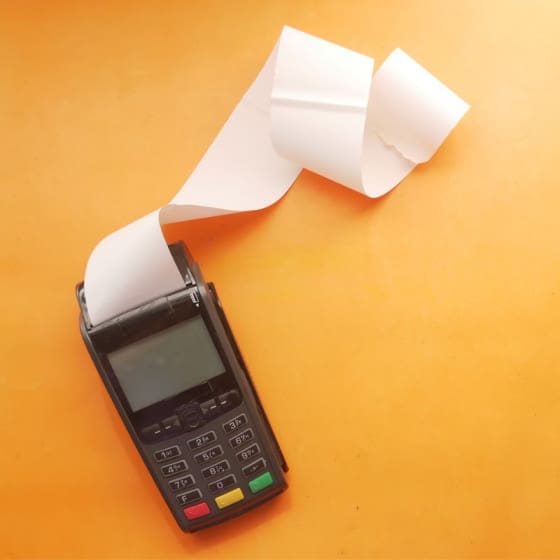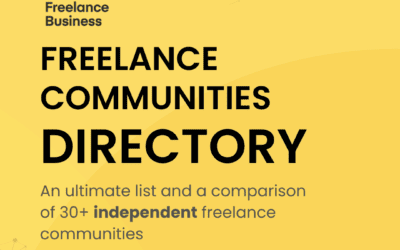Working as a freelancer on different projects can be liberating, but it can also lead to fluctuating earnings and difficulties in calculating your income. And you know what doesn’t help? Delayed payments on your invoices. The recent Ferovalo report states that 50% of senior freelancers have problems receiving their payment.
To help you avoid this, we have collected steps you can take to make sure you get your hard-earned payment.
1. Check the customer’s VAT
It is a good practice to check the VAT number of your potential customer, before you start working with them, to make sure they are a registered business. You can use the VIES VAT number validation portal.
Most countries have public registers (like the UK and the US), where you can check the information of registered businesses. Alternatively, you can use a website like Company Check, which will look for information on the business. In Belgium, you can check this website to find out if the company is in good financial standing.
2. Start with contract and payment terms
Agreeing on payment terms at the start of the work relationship is usually the best course of action. You don’t want clients to feel confused about how to pay you. Simplify the process as much as possible. State how much they need to pay, when do they need to pay (maybe pick a day in the month), and in what way. Outline all of this in the freelance contract.
Having these details covered at the start will put both you and your client at ease. It will not only make the payment process simpler, but will cover you legally in case you need to pursue any other course of action. You can find more about contracts here.
If you are in Belgium, you may want to check these free or affordable legal services.
3. Request deposits
If you work on a large project, you can request your client pays a deposit either before you start the project, or at set milestones during the delivery. This works best when you and the client both trust and feel comfortable with each other.
Not all clients will agree to a deposit, especially if it is a small or recurring task, but it is always worth trying to ask.
4. Don’t be shy! Follow up!
You may stress about appearing pushy, but if the invoice isn’t paid in a reasonable timeframe, you should chase the client! Remember: this is not you being annoying, it is your professional obligation.
You can further automate the process by creating and scheduling reminder emails for your clients when they have not paid the invoice.
5. Turn to institutions and debt collectors
If, after several reminders and follow-ups (usually two), there is no response to your payment requests, consider asking for the help of debt collectors. Some banks offer help in certain cases, where they follow up on your outstanding invoices and enforce payment.
In Belgium, for example, KBC Bank offers the Go Solid service, accessible right from the mobile application. Go Solid helps to recover unpaid and undisputed B2B debts without going to court. And it is free of charge for the business owner.
In some locations, such as the UK, you can involve debt collection agencies. They will chase the payment for you and usually charge the client a fee for their services (but always double-check their terms and fees).
6. Involve the community!
Freelancers love supporting each other and exchanging tips and advice. Some communities have a black list of companies/individuals that are not paying invoices, and where memebrs collect nightmare clients you should avoid. Many professionals and businesses are worried about falling on lists like that, and the threat can push them to pay what they owe. If you are looking for an awesome community to join, see our Slack community here.
7. Be careful when involving a lawyer
This is the ultimate step when it comes to chasing payments, and we would advise you to think it through before escalating. Lawyers are expensive, and there is often no guarantee that you will win a case against the client. Even a consultation can cost you a few days’ worth of fees.
Of course, lawyers can be necessary in serious cases, where more than an outstanding invoice is the problem, but for most cases, there are other things you can do before involving them.
Whether it is a genuine oversight or a shady attempt to skip on paying for your services, delayed payments are always frustrating. Remember, you are not powerless – there are always steps you can take. We keep our fingers crossed you won’t need to ever use our guide. Happy freelancing!




